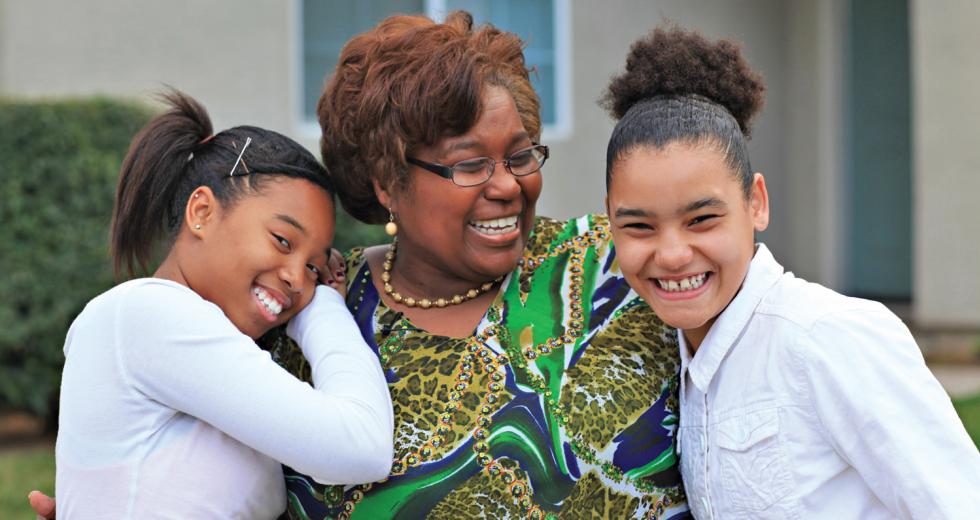Amelia Kelly-Semper and her husband have volunteered themselves as foster parents for nine years in the Sacramento region, helping to care for more than a dozen foster youth, ranging from 5-16 years old.
“We know being a foster parent is not an easy task,” Kelly-Semper says. “Everybody cannot be a foster parent. It takes diligence. It takes commitment. It takes understanding. It takes patience. Literally. When they say, ‘It takes a village,’ it means everyone in your household has to be a part of it.”
Stanford Youth Solutions, a Sacramento-based nonprofit organization, helps to support foster parents, foster youth and the families behind them through their foster care program. The ultimate goal, says Program Manager Christina Cagle, is for the kids to have the opportunity to go home to their biological family. If that outcome cannot happen, then the next best thing is to provide foster parents with what they need to achieve guardianship or adoption, Cagle says.
These goals are achieved, at least in part, through the layers of support and resources provided by Stanford Youth, including 24/7 on-call support, dedicated social workers with customized support, free trainings and more.
“You have to be the holders of hope for these children, and we have to train these families to be the holders of hope for the kids coming into their families,” Cagle says. “It can be a rough road, but if you’re willing to stick it out it can be a very beautiful thing.”
According to the Stanford Youth Solutions website, 68 percent of young people in foster care reunify with family, permanently connect through guardianship or adoption or move to a lower level of care. One Sacramento County social worker who has worked directly with Stanford Youth, says that the organization works well at meeting youth and families where they are at, building upon their pre-existing strengths and enhancing them.
“In my experience, they have brought creativity, stability and, most importantly, hope, to the families I’ve referred to them,” the social worker says. “Foster care is not an ideal place for a child to be raised; however it is thanks to vital and supportive programs like Stanford Youth Services that exist to help ensure the cycle can be broken.”
May is National Foster Care Month where communities across the country recognize and raise awareness about how to play a part in enhancing the lives of children and youth in foster care. Kelly-Semper says that when you become a foster parent, it’s important to understand that the youth are most likely pulled from bad situations and it’s all they know.
“There are no bad kids, there are just kids that are in need of something,” she says. “We don’t just need more foster parents, we need foster parents who are dedicated to the cause.”



